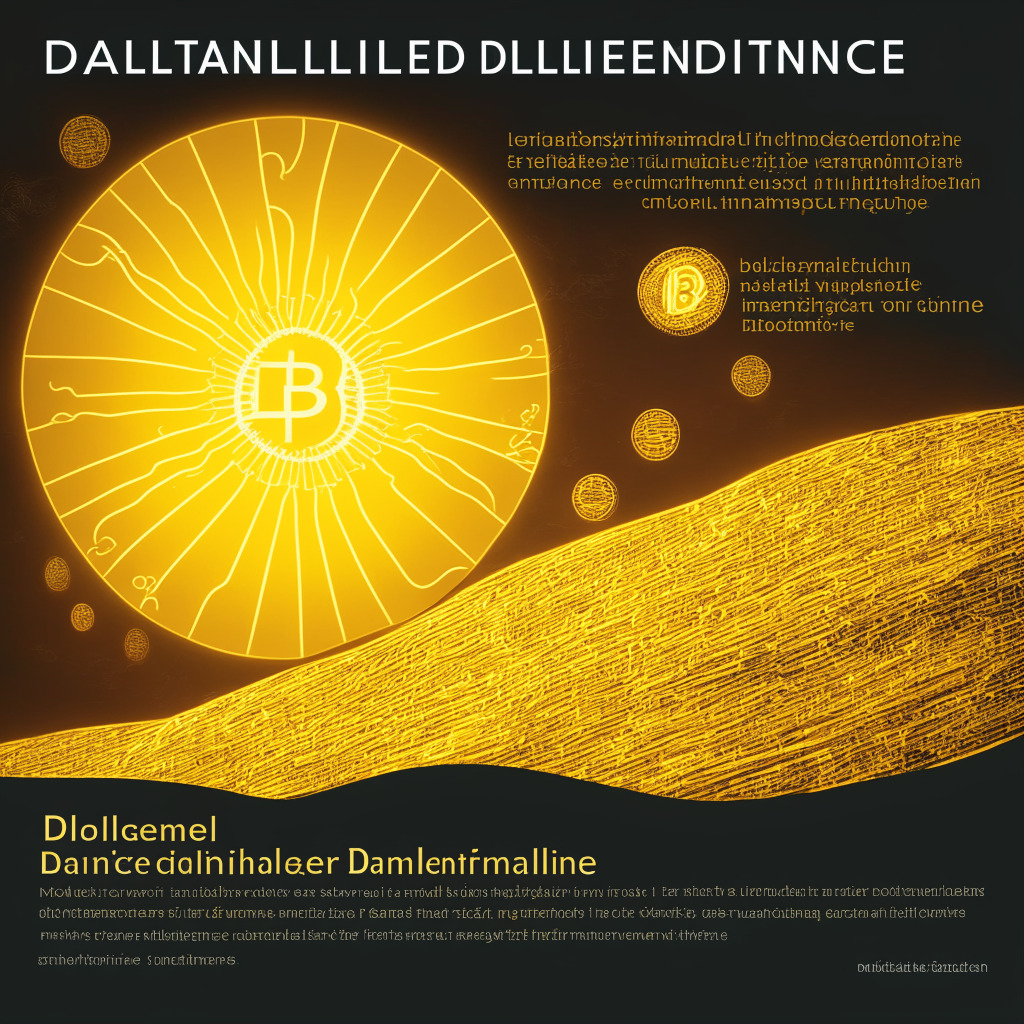The Consumer Financial Protection Bureau (CFPB), a notable government agency focused on protecting consumer interests in the financial sector, has recently cautioned American citizens about potential risks when keeping money in payment apps such as PayPal, Venmo, Zelle, and Payoneer.
According to a recent consumer advisory by the federal consumer watchdog, funds stored in popular payment apps may not be covered by federal deposit insurance provided by the Federal Deposit Insurance Corporation (FDIC) or the National Credit Union Administration (NCUA). This advisory underscores the vulnerability of funds in payment apps and the potential financial uncertainty faced by consumers should one of these apps fail or go bankrupt. With recent bank failures including Silicon Valley Bank, Signature Bank, and First Republic Bank, the CFPB stresses the importance of understanding deposit insurance coverage while choosing where to store money.
CFPB Director Rohit Chopra further explained that popular digital payment apps are increasingly used as substitutes for traditional bank or credit union accounts but lack the same protections to ensure that funds are safe. This situation has led some to consider Bitcoin (BTC) as a secure alternative. Bitcoin, a decentralized virtual currency, operates independently of any individual, group, or entity. Its core principle of self-sovereignty allows users sole ownership and control over their funds, unlike payment apps. As such, Bitcoin does not depend on third-party involvement in financial transactions, eliminating the risks of frozen accounts or bankruptcy.
Bitcoin’s immunity to central control has made it popular among those seeking financial security. Proponents of this digital currency often tout it as a hedge against inflation, earning it the nickname “digital gold” thanks to its enhanced portability, security, and other advantageous properties. Consequently, Bitcoin has gained significant adoption, even infiltrating the US financial markets, with leading banks, financial institutions, and apps like PayPal now offering crypto-related services.
While it is true that Bitcoin is not exempt from price fluctuations, its decentralized nature ensures that funds are not exposed to the same risks associated with payment app accounts. Crypto enthusiasts such as Elon Musk, Jack Dorsey, and Michael Saylor argue that Bitcoin’s prominence as a secure alternative to traditional systems provides users with complete control, making it an attractive option for those concerned about the risks associated with third-party control.
As of now, Bitcoin’s price is trading at $27,198, indicating a gain of 0.10% over the past 1 hour, and 0.57% over the last 24 hours.
It is important to note that the presented content may include the personal opinion of the author, and is subject to market conditions. Before investing in cryptocurrencies, conducting thorough market research is essential, as neither the author nor the publication holds any responsibility for personal financial loss.
Source: Coingape




